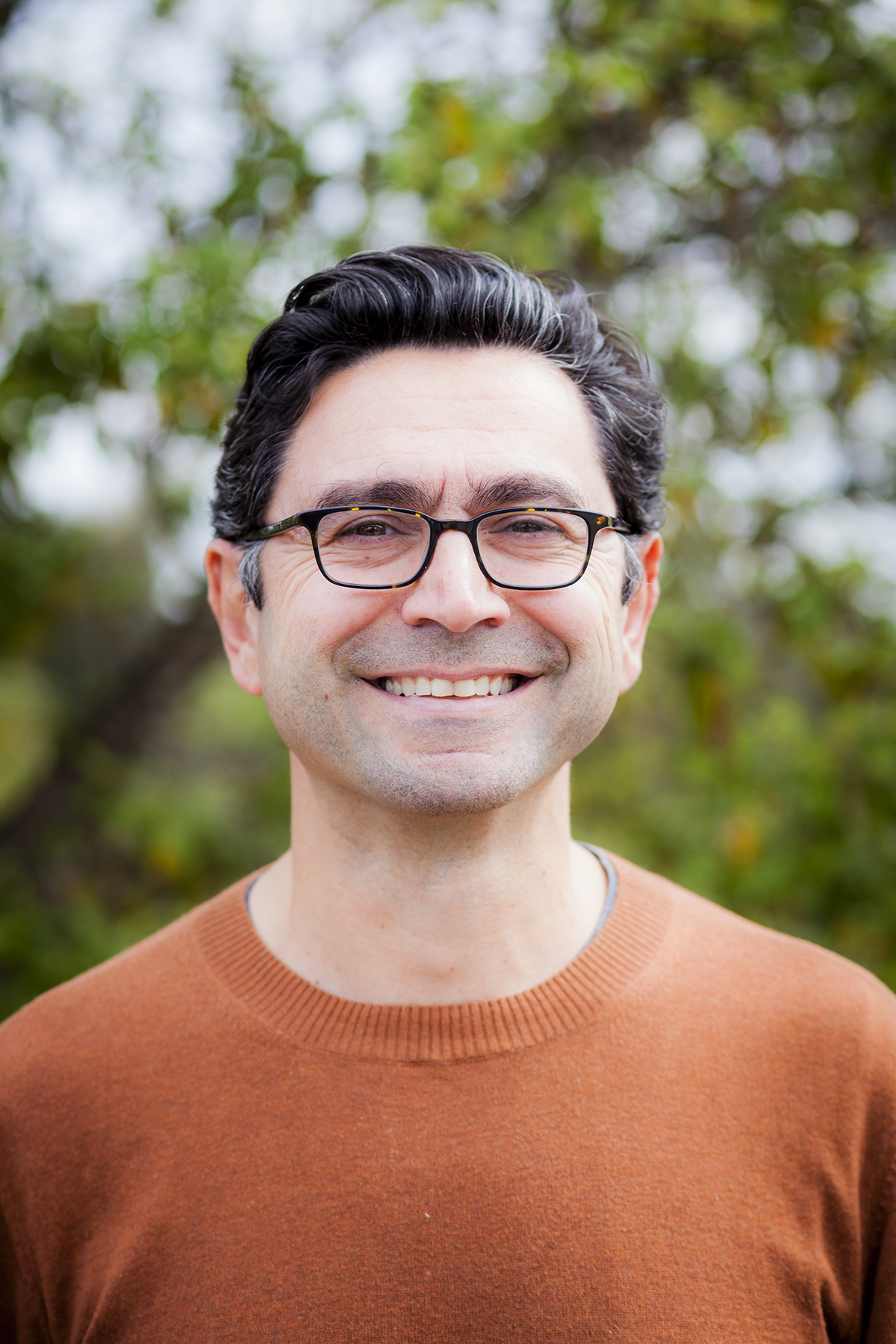Event Details:


Ardem Patapoutian, PhD
Professor, Department of Neuroscience,
Dorris Neuroscience Center,
The Scripps Research Institute
Host: Jin Hyung Lee
Abstract
Mechanotransduction is perhaps the last sensory modality not understood at the molecular level. Proteins/ion channels that sense mechanical force are postulated to play critical roles in sensing touch/pain (somatosensation), sound (hearing), shear stress (cardiovascular function), etc.; however, the identity of ion channels involved in sensing mechanical force had remained elusive. The Patapoutian lab identified PIEZO1 and PIEZO2, mechanically-activated cation channels that are expressed in many mechanosensitive cell types. Genetic studies established that PIEZO2 is the principal mechanical transducer for touch, proprioception, baroreception and lung stretch, and that PIEZO1 mediates blood-flow sensing, which impacts vascular development. Clinical investigations have confirmed the importance of these channels in human physiology. Most recently, Patapoutian lab identified TMEM63/OSCA family of mechanically activated ion channels as well as a GPCR (GPR68) that senses shear stress and is essential for controlling flow-mediated dilation of blood vessels. The lab continues to analyze the physiological relevance of these receptors in and is searching for novel mechanosensors.
Recent Papers
[1] Zeng WZ, Marshall KL, Min S, Daou I, Chapleau MW, Abboud FM, Liberles SD, Patapoutian A (2018) PIEZOs mediate neuronal sensing of blood pressure and the baroreceptor reflex. Science 362:464-7. PMID: 30361375
[2] Ma S, Cahalan S, LaMonte G, Grubaugh ND, Zeng W, Murthy SE, Paytas E, Gamini R, Lukacs V, Whitwam T, Loud M, Lohia R, Berry L, Khan SM, Janse CJ, Bandell M, Schmedt C, Wengelnik K, Su AI, Honore E, Winzeler EA, Andersen KG, Patapoutian A (2018) Common PIEZO1 allele in African populations causes RBC dehydration and attenuates Plasmodium infection. Cell 173:443-55. PMID: 29576450